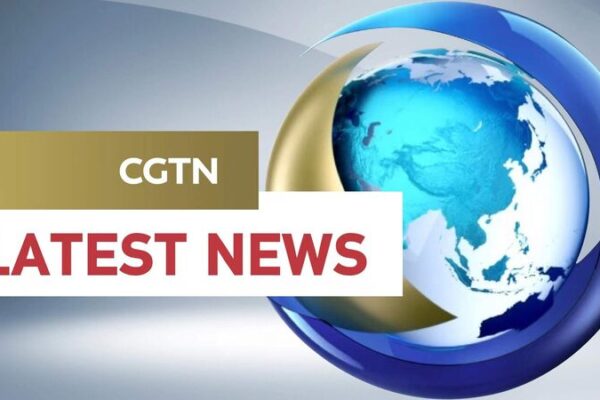
German Chancellor Olaf Scholz Arrives in Shanghai
German Chancellor Olaf Scholz arrived in Shanghai on Monday, highlighting the significance of German-Chinese relations and Shanghai’s global economic importance.
News & Insights Across Asia
Discover global political developments with detailed analysis of Asia’s diplomatic affairs, policies, and international relations.

German Chancellor Olaf Scholz arrived in Shanghai on Monday, highlighting the significance of German-Chinese relations and Shanghai’s global economic importance.
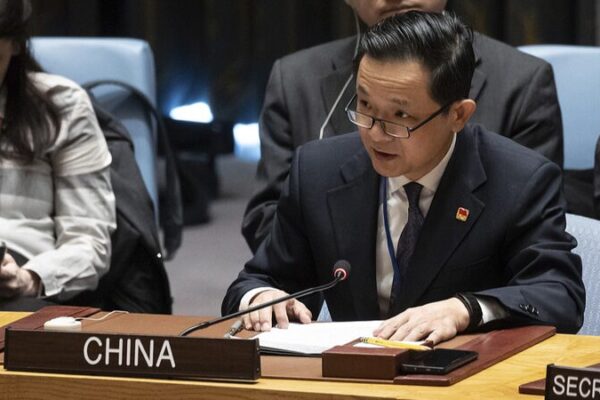
A Chinese envoy urges maximum restraint amid escalating Iran-Israel tensions, calling for an immediate ceasefire and highlighting the need for a two-state solution to ensure peace in the Middle East.

During an emergency UN Security Council session, a Chinese envoy urged all parties to exercise maximum restraint amid rising Iran-Israel tensions, emphasizing the need for a ceasefire and peaceful resolution.
German Chancellor Olaf Scholz arrived in China for a three-day official visit to strengthen economic and diplomatic ties. The visit aims to enhance bilateral cooperation and address global economic challenges.
Despite calls to ‘de-risk’ from China, Germany continues to strengthen ties with its largest trading partner, balancing economic interests with geopolitical concerns.
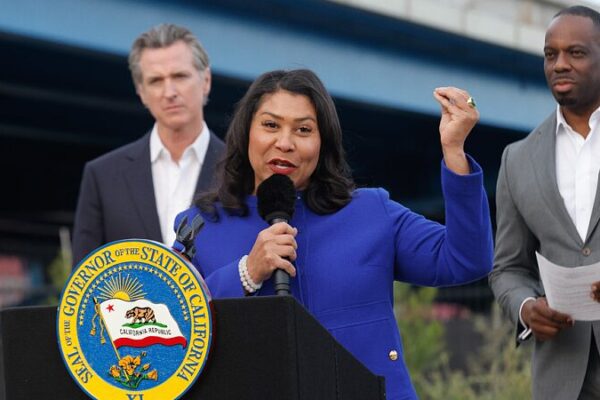
San Francisco Mayor London Breed embarks on her first official visit to China to strengthen economic and people-to-people exchanges, aiming to enhance cooperation between San Francisco and China.
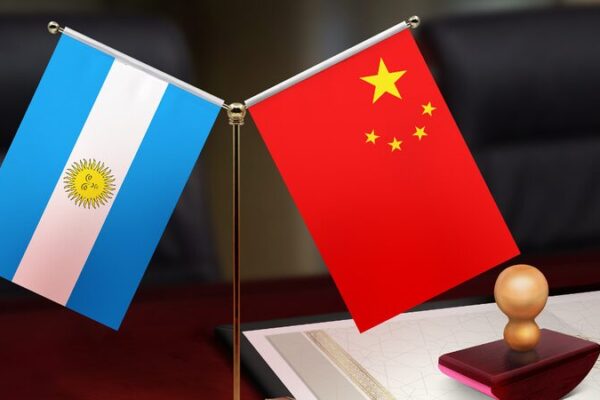
The Chinese Embassy in Argentina has strongly opposed remarks by a U.S. general regarding China’s space station in Argentina, emphasizing the project’s peaceful purpose and transparent operation.
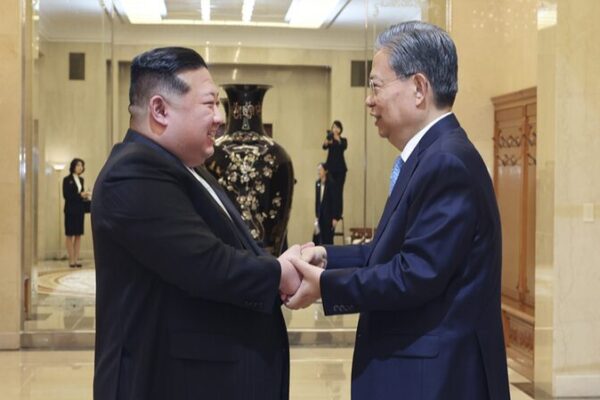
China’s top legislator Zhao Leji met with DPRK leader Kim Jong Un in Pyongyang, reinforcing bilateral ties ahead of the 75th anniversary of diplomatic relations.
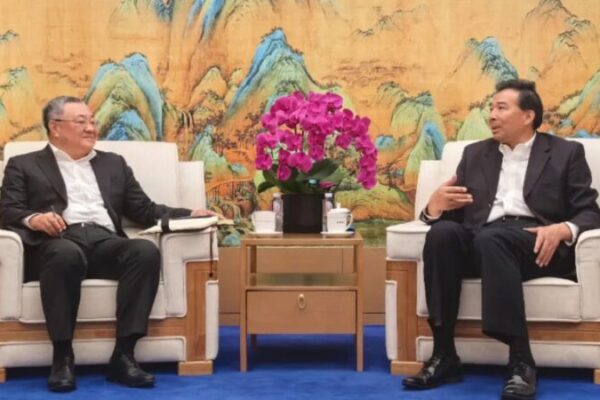
Fu Cong has been appointed as China’s new permanent representative to the United Nations, marking a significant step in his diplomatic career and in China’s engagement with the international community.

Japan is shifting its security policy, moving away from postwar pacifist principles. This analysis explores what’s driving the change and the implications for regional stability.

Japan’s recent shift in security policy marks a significant departure from its postwar pacifist stance, with implications for East Asian regional dynamics and its alliance with the United States.

China urges the Philippines to remove a grounded warship from Ren’ai Jiao, emphasizing dialogue to ease South China Sea tensions. The Chinese embassy calls for honoring commitments and restoring the reef’s uninhabited status.
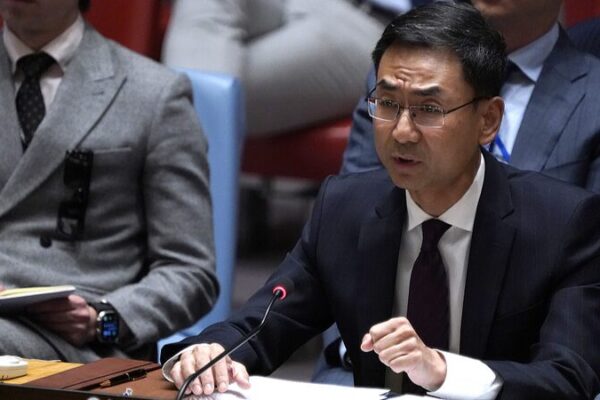
China’s envoy to the UN urges intensified diplomatic efforts and a ceasefire to resolve the Ukraine crisis, advocating for an early political settlement and restoration of peace.

At a meeting in Beijing, Chinese Foreign Minister Wang Yi urged for cooperation and development in the Asia-Pacific region, emphasizing unity over division.
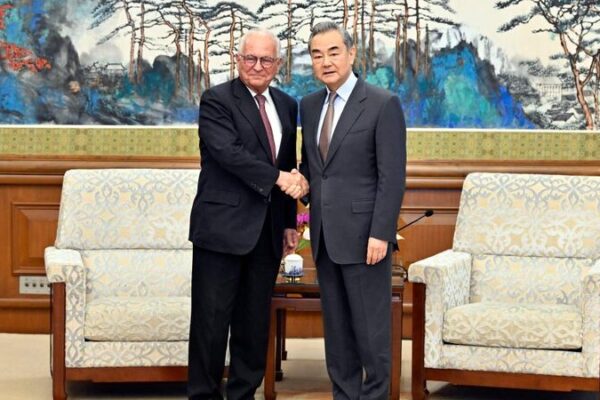
Chinese Foreign Minister Wang Yi met MSC Chairman Wolfgang Ischinger in Beijing to discuss enhancing China-Europe relations and global cooperation, emphasizing China’s role as a stabilizing force.
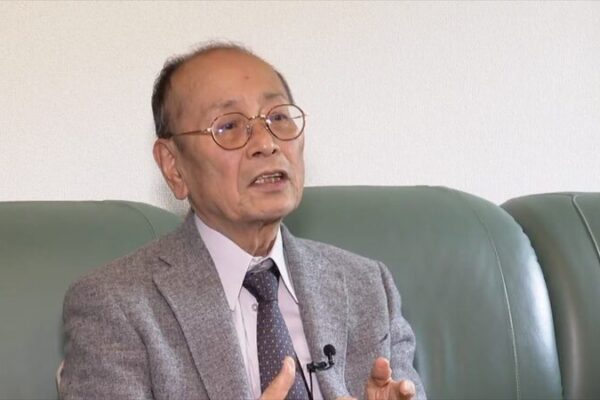
China has expressed concern over Japan’s strengthened military alliance with the U.S., warning it increases conflict risk and threatens regional peace and stability.
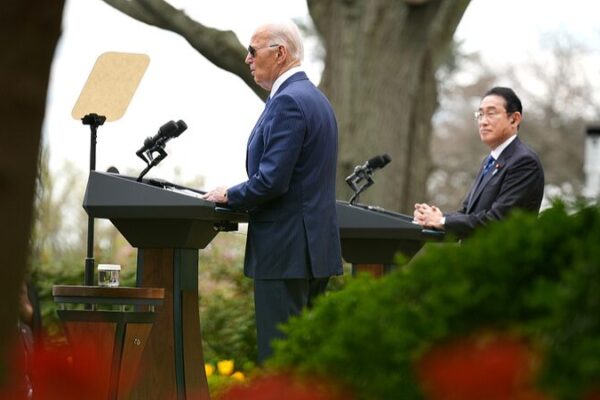
The Chinese embassy in the U.S. has condemned a joint statement by the U.S. and Japan, accusing them of interfering in China’s domestic affairs, notably on the Taiwan question and other sensitive issues.
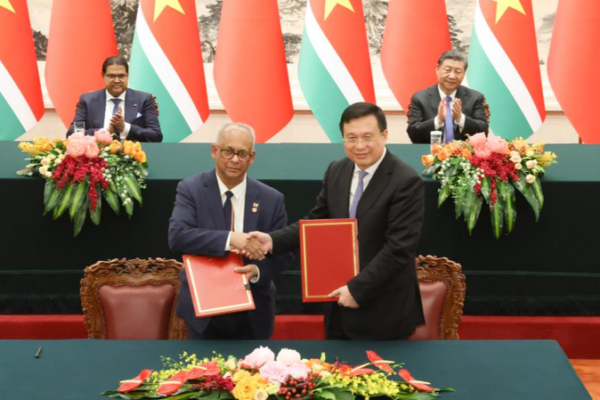
China and Suriname have issued a joint communique to strengthen cooperation in various sectors, including the digital economy and green development, aiming to boost development and progress for both nations.
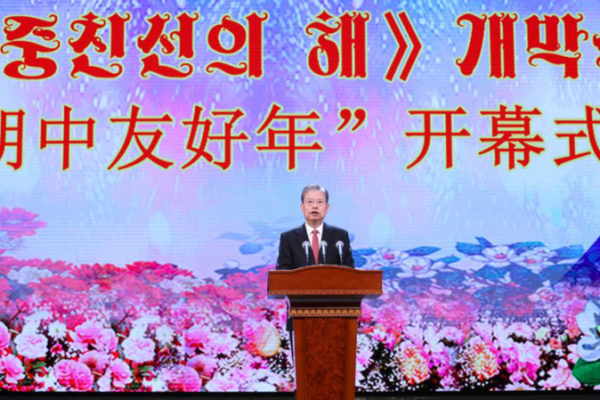
Top legislators from China and the DPRK launched the ‘China-DPRK Friendship Year,’ strengthening ties and cooperation between the two nations.
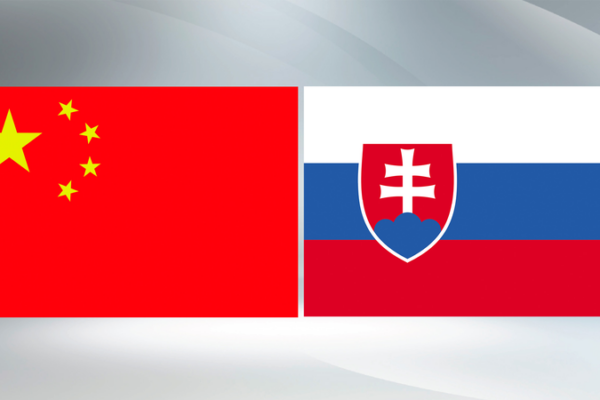
China and Slovakia commemorate 75 years of diplomatic relations, opening a new chapter of cooperation and mutual development.